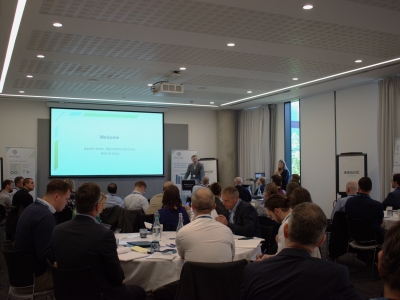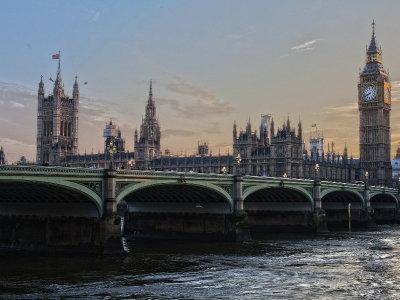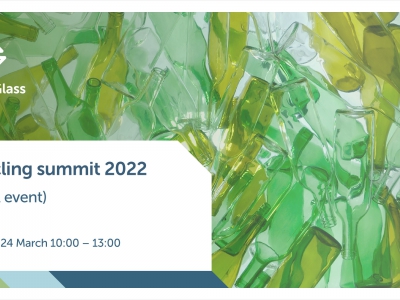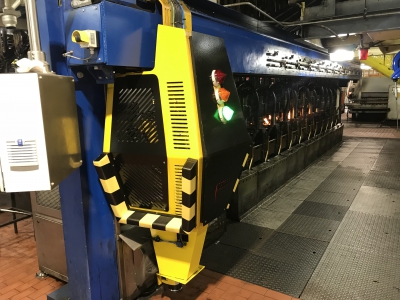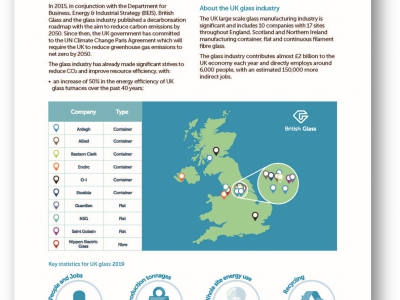The glass industry wants to reduce its carbon dioxide emissions so it can compete successfully in the international markets of tomorrow. It isn’t just environmentally responsible – it’s good business sense.
Glass already makes a significant contribution to environmental sustainability – through high performance glazing, light-weighted products and being a 100% recyclable material that meets circular economy principles. And improving resource and energy efficiency are longstanding competitive priorities for the glass sector.
Our industry has already seen:
- increase of 50% in the energy efficiency of UK glass furnaces over the past 40 years
- millions of pounds worth of investment in waste heat recovery for UK plant from two multinational glass companies in the past three years.
British Glass is supporting the industry to decarbonise by improving the resource and energy efficiency of glass products at every stage – from raw materials and manufacturing right around to recycling.
The main barriers to decarbonising are:
- financial viability for low carbon fuels
- technical feasibility and lack of industrial demonstration
- low carbon infrastructure for hydrogen and electrification
For a full list of barriers and government actions required, please see our British Glass Net Zero Strategy
The Environment and Energy Committee is the focal point of British Glass decarbonisation work with its members.
